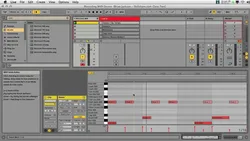
Ableton Live II: MIDI (Musical Instrument Digital Interface) 
This course teaches students how to create a short MIDI sequence using audio clips and a drum beat in Ableton Live 9. Students will learn how to use a technique called quantizing to automatically align all the elements to the same time and tempo. This will help them create a professional sounding track. ▼
ADVERTISEMENT
Course Feature
![]() Cost:
Cost:
Free Trial
![]() Provider:
Provider:
Skillshare
![]() Certificate:
Certificate:
Paid Certification
![]() Language:
Language:
English
![]() Start Date:
Start Date:
On-Demand
Course Overview
❗The content presented here is sourced directly from Skillshare platform. For comprehensive course details, including enrollment information, simply click on the 'Go to class' link on our website.
Updated in [March 06th, 2023]
In this second class of Brian Jackson's series on Ableton Live 9, students will learn the ins and outs of MIDI (Musical Instrument Digital Interface). Through 68 minutes of instruction, students will create melodies with a built-in or external keyboard, draw in drum beats, record MIDI sounds, and practice a technique called quantizing. This class is perfect for producers, musicians, sound designers, and anyone interested in working with audio. By the end of the class, students will have created a short MIDI sequence using audio clips and a drum beat, and used quantizing to automatically align all the elements to the same time and tempo.
[Applications]
Upon completion of this course, students will have a better understanding of MIDI and its application in Ableton Live 9. They will be able to create melodies with a built-in or external keyboard, draw in drum beats, record MIDI sounds, and practice quantizing. With this knowledge, students will be able to create, produce, and perform music with Ableton Live 9. Additionally, they may wish to explore the other classes in Brian Jackson's series to further their knowledge of digital music production.
[Career Paths]
1. Music Producer: Music producers are responsible for overseeing the production of music recordings. They work with artists, songwriters, and engineers to create the best possible sound for a recording. They also manage the budget and timeline of a project, and ensure that the recording meets the artist's vision. As technology advances, music producers are increasingly using digital tools such as Ableton Live to create and mix music.
2. Audio Engineer: Audio engineers are responsible for recording, mixing, and mastering audio for a variety of projects. They use specialized equipment and software to capture and manipulate sound, and are often responsible for setting up and maintaining recording studios. With the rise of digital audio workstations such as Ableton Live, audio engineers are increasingly using digital tools to create and mix music.
3. Sound Designer: Sound designers are responsible for creating and manipulating sound for a variety of projects. They use a variety of tools and techniques to create sound effects, music, and other audio elements. With the rise of digital audio workstations such as Ableton Live, sound designers are increasingly using digital tools to create and mix sound.
4. Music Composer: Music composers are responsible for creating original music for a variety of projects. They use a variety of tools and techniques to create melodies, harmonies, and other musical elements. With the rise of digital audio workstations such as Ableton Live, music composers are increasingly using digital tools to create and mix music.
[Education Paths]
1. Bachelor of Music Technology: This degree program focuses on the use of technology in music production, composition, and performance. It covers topics such as digital audio workstations, MIDI sequencing, sound design, and music theory. It also provides students with the skills to create and produce music using the latest technology. Developing trends in this field include the use of virtual instruments, digital audio workstations, and the integration of music technology with other disciplines such as video game design and film scoring.
2. Bachelor of Music Production: This degree program focuses on the production of music, from recording and mixing to mastering and post-production. It covers topics such as sound engineering, music theory, and music technology. Developing trends in this field include the use of virtual instruments, digital audio workstations, and the integration of music production with other disciplines such as video game design and film scoring.
3. Bachelor of Music Composition: This degree program focuses on the composition of music, from writing and arranging to orchestration and performance. It covers topics such as music theory, composition, and music technology. Developing trends in this field include the use of virtual instruments, digital audio workstations, and the integration of music composition with other disciplines such as video game design and film scoring.
4. Bachelor of Music Performance: This degree program focuses on the performance of music, from playing instruments to singing and conducting. It covers topics such as music theory, performance, and music technology. Developing trends in this field include the use of virtual instruments, digital audio workstations, and the integration of music performance with other disciplines such as video game design and film scoring.
Pros & Cons

Easy to understand

Fantastic teacher

Highly recommended

Overwhelming for beginners

Limited to Focusrite and Abelton
Course Provider
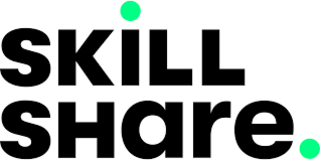
Provider Skillshare's Stats at AZClass
Discussion and Reviews
0.0 (Based on 0 reviews)
Explore Similar Online Courses

Serverless Data Processing with Dataflow: Foundations

Learn Anger Management : Taming a powerful emotion

Python for Informatics: Exploring Information

Social Network Analysis

Introduction to Systematic Review and Meta-Analysis

The Analytics Edge

DCO042 - Python For Informatics

Causal Diagrams: Draw Your Assumptions Before Your Conclusions

Whole genome sequencing of bacterial genomes - tools and applications
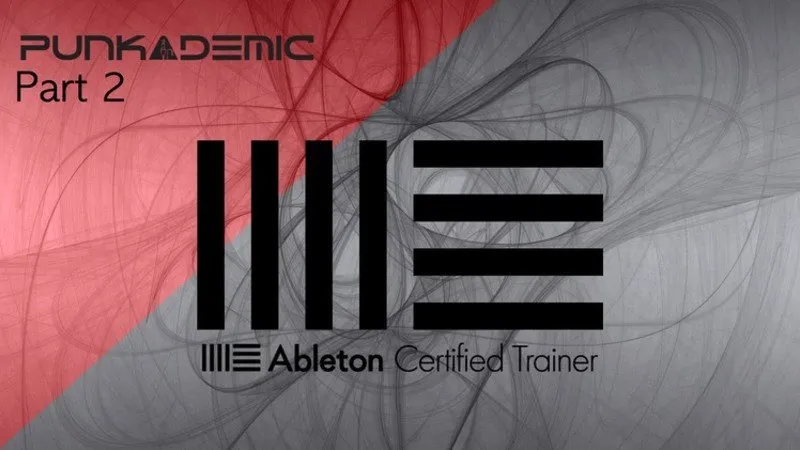
Ableton Live 10 Part 2: Recording & Warping
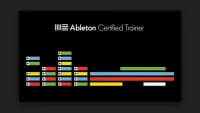
Producing Drums with Ableton Live and Drum Rack
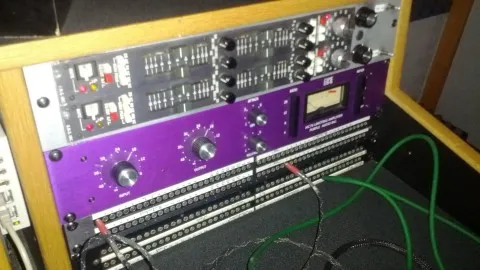

Start your review of Ableton Live II: MIDI (Musical Instrument Digital Interface)